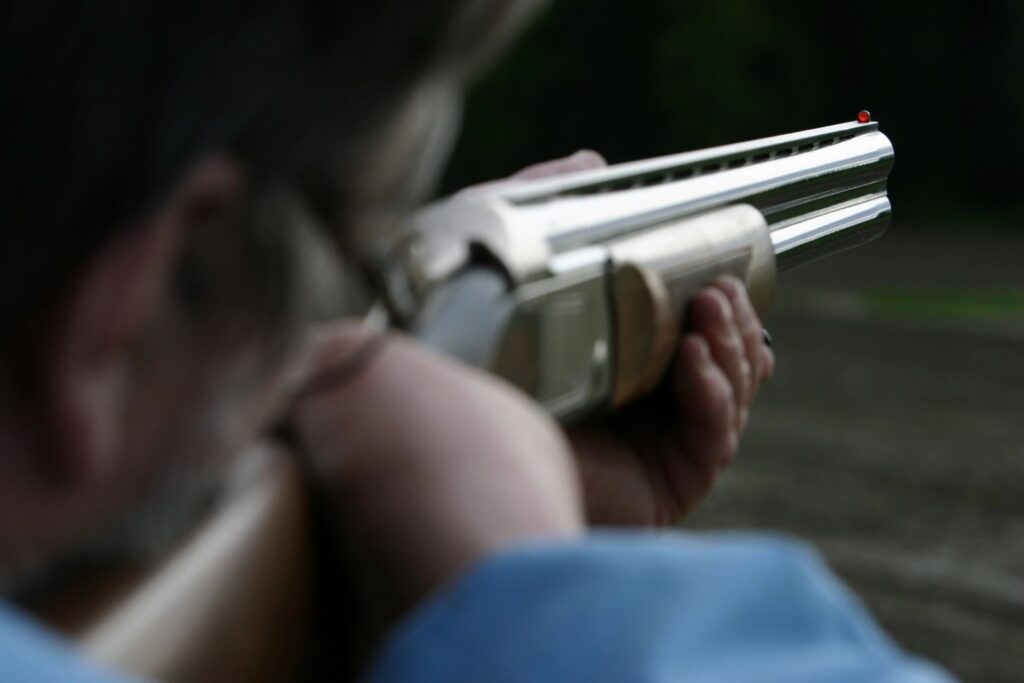
Why Gun Owners Are Happier (Hint: It’s Probably Not the Guns)
Decades of psychology researchers has converged on the conclusion that the key to happiness is … owning a gun?
Not quite.
But as the authors of a new study on happiness and gun ownership point out, there has been plenty of speculation in that vein going back to when the Beatles released their song Happiness is a Warm Gun.
The authors highlight several reasons that have been put forward for why weapons and a sense of emotional wellbeing could plausibly go together: maybe guns make people feel safe, maybe guns make people feel powerful, or maybe guns are just fun.
Of course, that’s all speculation without data. So data is exactly what the researchers got.
Over the course of 27 years, they collected data on gun ownership and self-reported happiness for 37,960 adults in, of course, the United States.
On its face, the data did support the idea of a link between gun ownership and happiness. Specifically, people who said they had guns in their homes also said they were happier on average.
As is often the case in psychology studies, however, things turned out to be more complicated than they seemed at first glance.
One of the tricky things about psychology studies is that just because two variables are correlated doesn’t mean that one actually causes the other. For example, eating cake and getting presents are correlated because they both happen on birthdays, but eating cake will not cause you to receive presents.
In this case, having a gun and being happier were correlated, but that statistical relationship disappeared once the researchers took into account people’s marriage status. That is, gun owners were happier insofar as they were more likely to be married and married people tended to be happier. But married gun owners were not significantly happier than married non-gun-owners, nor were non-married gun owners significantly happier than non-married gun owners.
There’s an important lesson here about psychology studies in general. Many studies find variables, such as gun ownership and happiness, that are correlated. But it’s important to consider other factors that might explain the connection between those variables.
With the study on gun ownership, if you only look at the statistical relationship between gun ownership and happiness, you would come away with the impression that the key to better mental health is to go buy a gun. Taking into account other possible explanations, however, leads to the conclusion that you would probably do better by getting married.
Just tells me that the study was poorly designed.
What aspects of the study methodology are you referring to specifically?